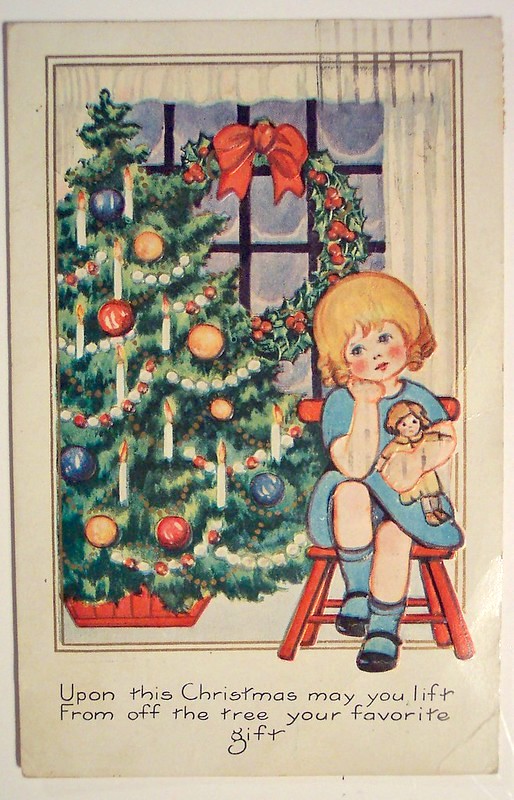Christmas is usually associated with happy Christmas carols and a time of being merry and generous.
Isn’t it the most wonderful time of the year?
Well, no, not for everyone.
For many, it couldn’t be further from the truth.
For some people, Christmas is a painful reminder or an amplifier of the dysfunctions in their families and their feelings of loneliness.
When watching from a distance, seeing so many people spending happy time together behind shiny decorated windows, or at least so it seems, the contrast of loneliness and isolation becomes much more tangible and apparent.
Instead of jolly memories, Christmas can be linked to trauma or conflicts.
Specifically this year, many people feel isolated because they can’t spend time with their loved ones—not to mention the type of loneliness that persists even when being surrounded by other people.
Even if you love the holidays, there are times when it can get pretty stressful and not much fun.
Here are a few tips to help with the Christmas blues or loneliness:
1. Don’t run away from your feelings.
If Christmas triggers past wounds, then take time to dive into those feelings.
Don’t buy into phrases such as, You’re just being a Grinch.
The truth is you wouldn’t feel miserable about Christmas if there wasn’t a valid reason behind it. So, instead of thinking there must be something wrong with you for feeling this way, validate your feelings.
Acknowledge where you’re at without forcing yourself to enjoy the holidays. Jumping right into a positive resolution without first validating your feelings is a form of bypassing.
Instead, try saying this: No wonder I’m feeling this way.
2. Integrate the wound.
What emotions are associated with the pain you feel around the holidays?
What is your wound around Christmas trying to communicate to you?
What are your painful expectations about Christmas?
After you’ve identified the emotion associated with the wound, observe the sensations linked with it and personify it. Breathe and be present with it.
How does your emotion look? Is it a color, a form of energy? If your emotion was a character or person, how would it look? How old would it be? Would it be a female or male? What would be their name?
What happens, sometimes, is that our emotions can take the form of a younger version of us. It may be linked to some specific time of our life or memory. Is there any message that the emotion wants you to hear, see, or know?
If you see a character or younger version of yourself, you can explore their needs. Sometimes all that is required of us is to just be present with them, to see them, to hear them. They might need you to provide a feeling of safety, love, or belonging. You could imagine hugging that aspect of you in your visualization or merging with it.
Immerse yourself into the emotion, into that aspect of you.
3. Find a new way of looking at Christmas.
Once you acknowledge, validate, and fully embrace your painful emotions, you can find a new way of looking at the holidays.
There are many shadow aspects to Christmas, such as excessive consumerism, but at the same time, there are many positive ones as well.
You can learn more about the origin and different ways and reasons for celebrating Christmas in various cultures. This can inspire you to see Christmas in a different light and create new traditions.
For example, I chose to create a new Christmas tradition to center the whole month of December around random acts of kindness. It helped me to recognize and focus on the bright side of the Christmas spirit.

When my focus shifted to how I can make other people’s holidays amazing, it made me feel really amazing too.
4. Slow down a bit.
The holiday doesn’t need to be perfect for it to be enjoyable. Instead of perfectionism or doing all tasks on your own, consider delegating them and finding more time to treat yourself. A little self-care can go a long way.
Get moving and boost those endorphins. Meditate. Go out for a walk in nature to absorb some light or get creative with handcrafting gifts. Watch your favorite movies, read a good book, do a puzzle, have a bath. Cook, bake and nourish yourself with delicious meals without overeating.
If you can’t be physically present with your loved ones, reach out to them, and celebrate online.
5. Let go and grieve.
If your Christmas blues are connected to the trauma of loss or perhaps divorce and no longer having a family to celebrate with, then allow yourself to grieve and let go.
Consider different ways to honor the memory of what once was, rather than not allowing yourself to feel joy at Christmas.
You’re not doing any service to yourself nor your loved ones by holding onto your pain longer than necessary. You’re not betraying them by allowing yourself to have a good time on Christmas.
Write a letter or poem or whatever feels right for you to let go and grieve if the wound is still fresh.
If you don’t have a close family anymore, be open to celebrate the holiday with the circle of your friends; it doesn’t have to be on Christmas day.
If your close friends don’t have time or you don’t have any, then volunteering can be a good option.
Christmas blues are a real thing. Be gentle with yourself and brave enough to dive into whatever comes up for you during this time of the year. The only way out is through.
I’m sending love to all those who need it the most right now.









Read 10 comments and reply